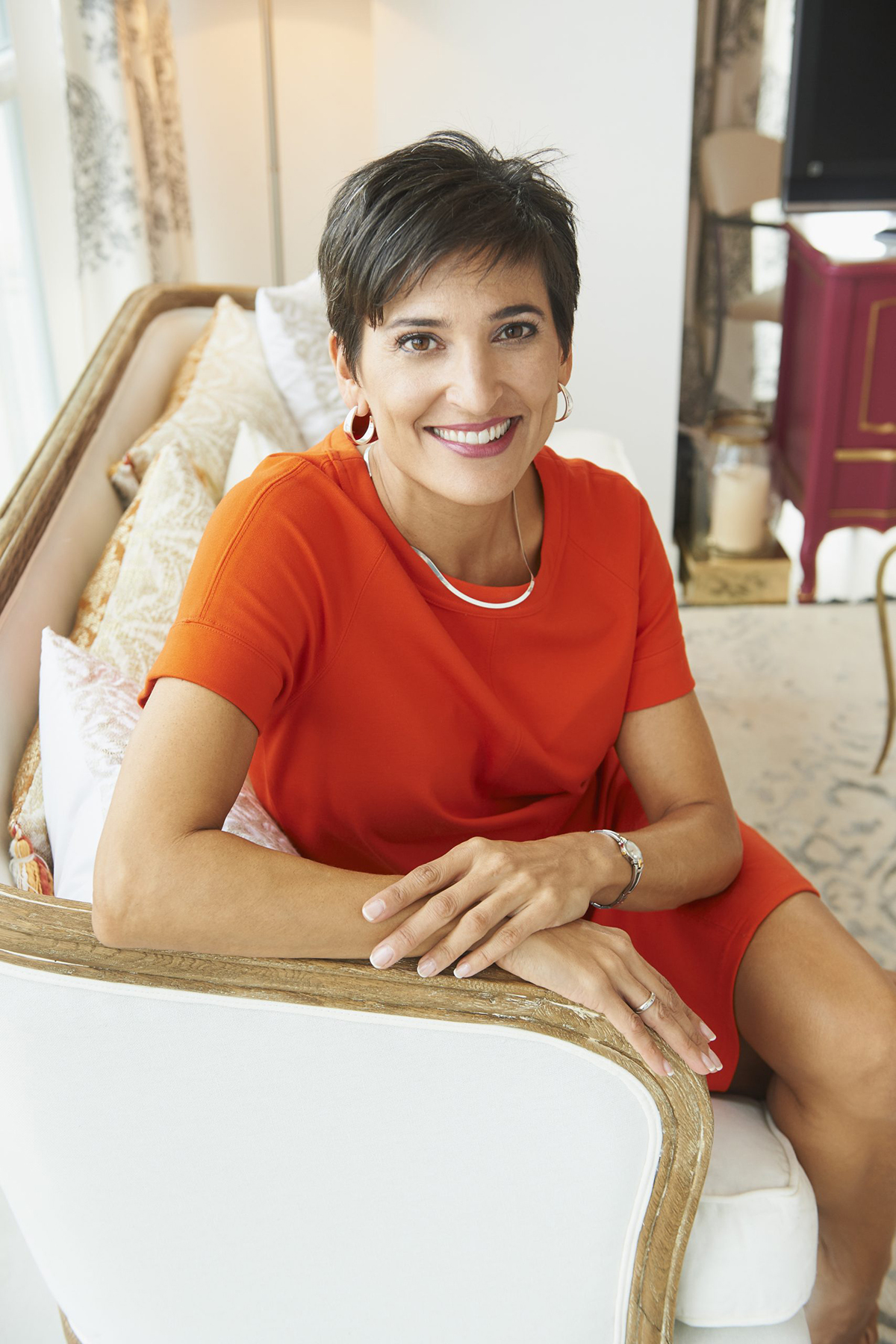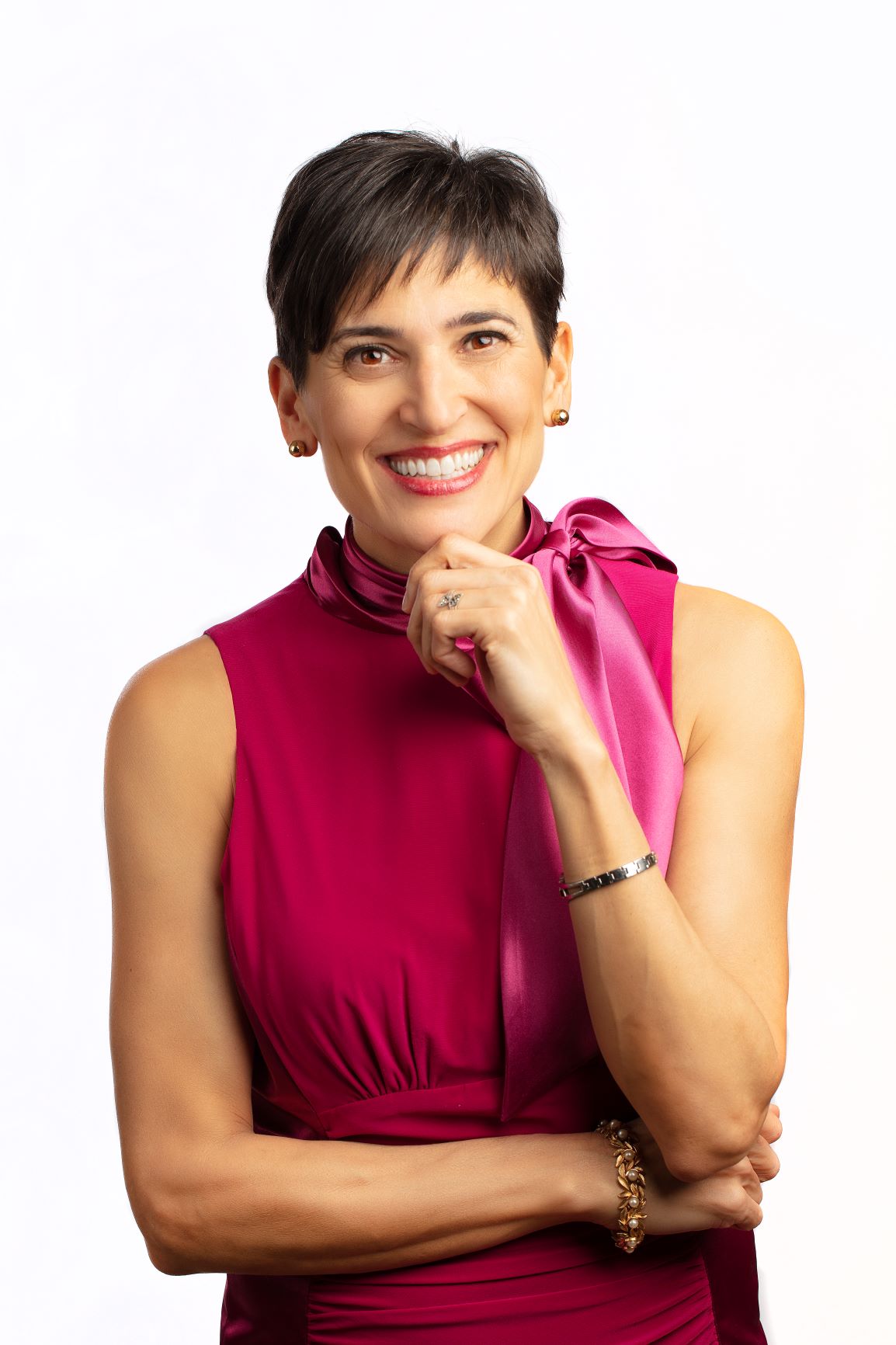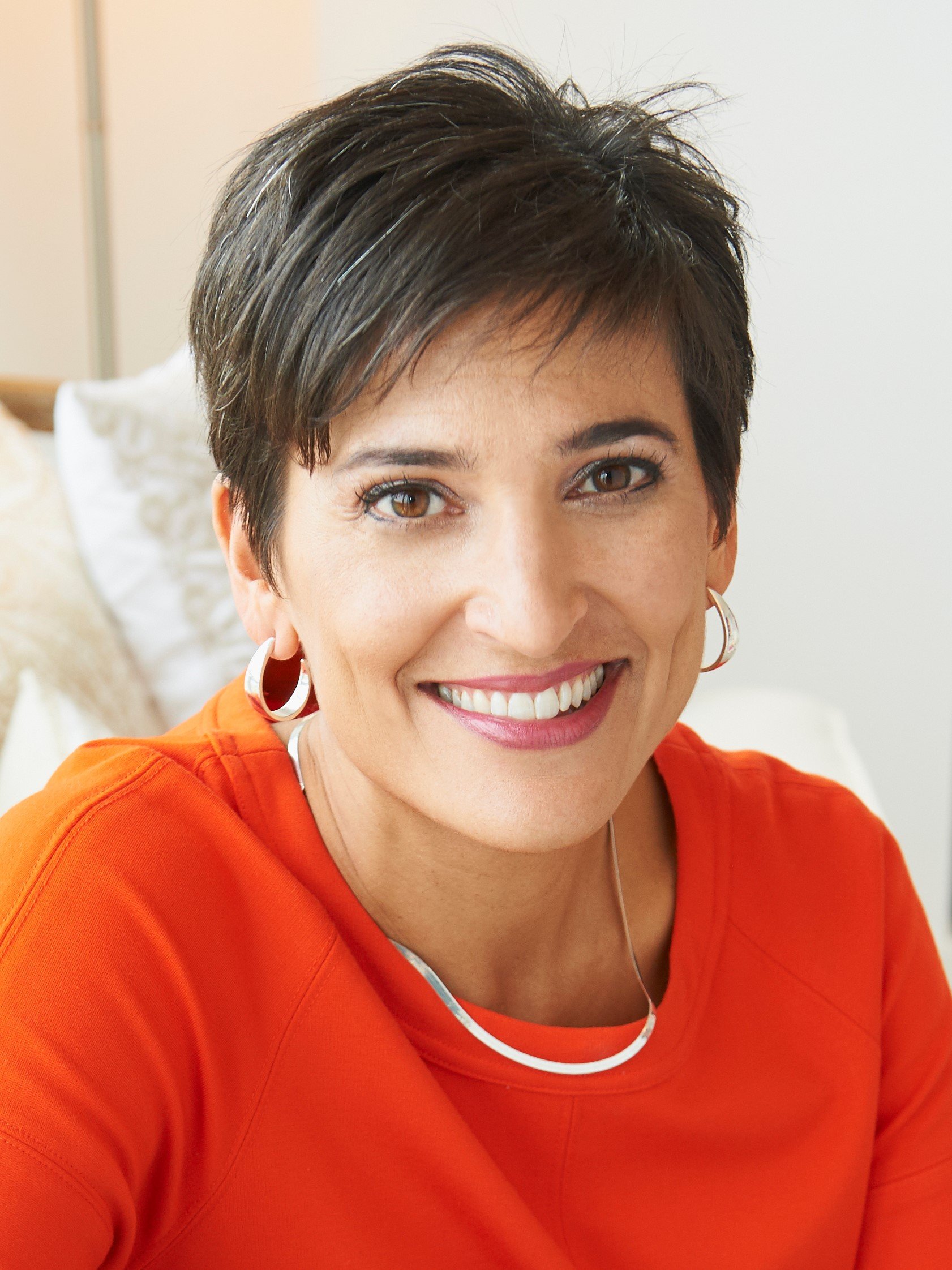with Clare Kumar
Highly Sensitive Executive Coach / International Speaker / Host of the Happy Space podcast
Clare Kumar is a fellow professional speaker whom I met through the Canadian Association of Professional Speakers where I heard her speak and loved what she had to say. Clare focuses on the intersection of productivity (getting things done) and inclusivity (inviting everyone to participate). In our podcast interview, we focused on how flexible and inclusive work environments are key to people’s wellbeing and performance, including those who are neurodivergent.
Episode 66 | Flexibility and Neurodiversity: Creating Inclusive Work Environments
Clare explains how a lot of times our “hustle culture” will tell us to “suck it up”, persevere, and sleep when we’re dead – all this rhetoric is very harmful.
Tell us more about your great quote: “Design for wellbeing and performance will flow.”
Clare Kumar explains how we sometimes don’t correlate wellbeing with performance. For example, perfectionism or procrastination may be the concern, but she likes to step out and look at whether there’s a values alignment. In other words, do the person’s values align with the job they are doing?
Further, Clare likes to understand human physiology and performance, such as the impacts of sleep, movement, natural light, and hydration. All of these things contribute to feeling and contributing our best. Clare explains how a lot of times our “hustle culture” will tell us to “suck it up”, persevere, and sleep when we’re dead – all this rhetoric is very harmful. Instead, Clare focuses on how taking care of wellbeing sets us up to be more productive and successful at whatever we’re doing.
When it comes to neurodiversity, what are the various neurodivergent conditions that are less productive in traditional workspaces?
Neurodiversity came from the term Biodiversity, and we are all neurodiverse in that our brains process information in different ways. Neurodivergence, in contrast, means not being typical in how we process information. There are a number of different conditions and not everyone manifests the traits in the same way within each condition, such as ADHD, dyslexia or autism.
Clare Kumar explains how the “highly sensitive” trait is present in many of these neurodivergent conditions and affects 1 in 5 people. She sees sensitivity as a “through line” with many neurodiverse people. People may be highly sensitive to stimulation or they may have a hypersensitivity where more stimulation is needed to focus. It’s about understanding the nuances of each person and where those sensitivities lie. She explains how we have 8 senses we need to pay attention to, not just the 5 we typically think of. For example, balance, space/movement, and “interoception”, which is the sense that cues us if we’re hungry or thirsty, for example. To be at our best we need to pay attention to all of our senses.
You mention how flexibility is critical for neurodivergent workers, can you share more about this? When it comes to hybrid or remote work arrangements, how do these individuals benefit?
Collectively we’ve seen that people can work effectively from home. It’s highly advantageous for the neurodivergent population, but most humans want a degree of customizing their work experience and having some autonomy to do so. Whether it be time, space, or how you’re doing the work, Clare explains how people value the ability to have a say. Clare believes that it’s absolutely critical for highly sensitive people to avoid open offices where they really struggle to focus.
Clare Kumar also emphasizes that where and how we work best depends on individual circumstances. It is highly beneficial if we can design our lives so we are doing what we need to maintain our body, mind, and spirit and are getting the rest that we need (which is really under threat in many workplaces). According to Clare, if we can design with the autonomy we need to show up at our best, she thinks our whole GDP would go up a lot!
When it comes to the option to work some days remotely, Clare emphasizes how long commutes can drain our energy. Still, managers may resist remote work arrangements as it is more abstract to manage without the cues of the office. Clare emphasizes that remote and hybrid work provide opportunities to learn to be more planful and really develop our productivity skills.
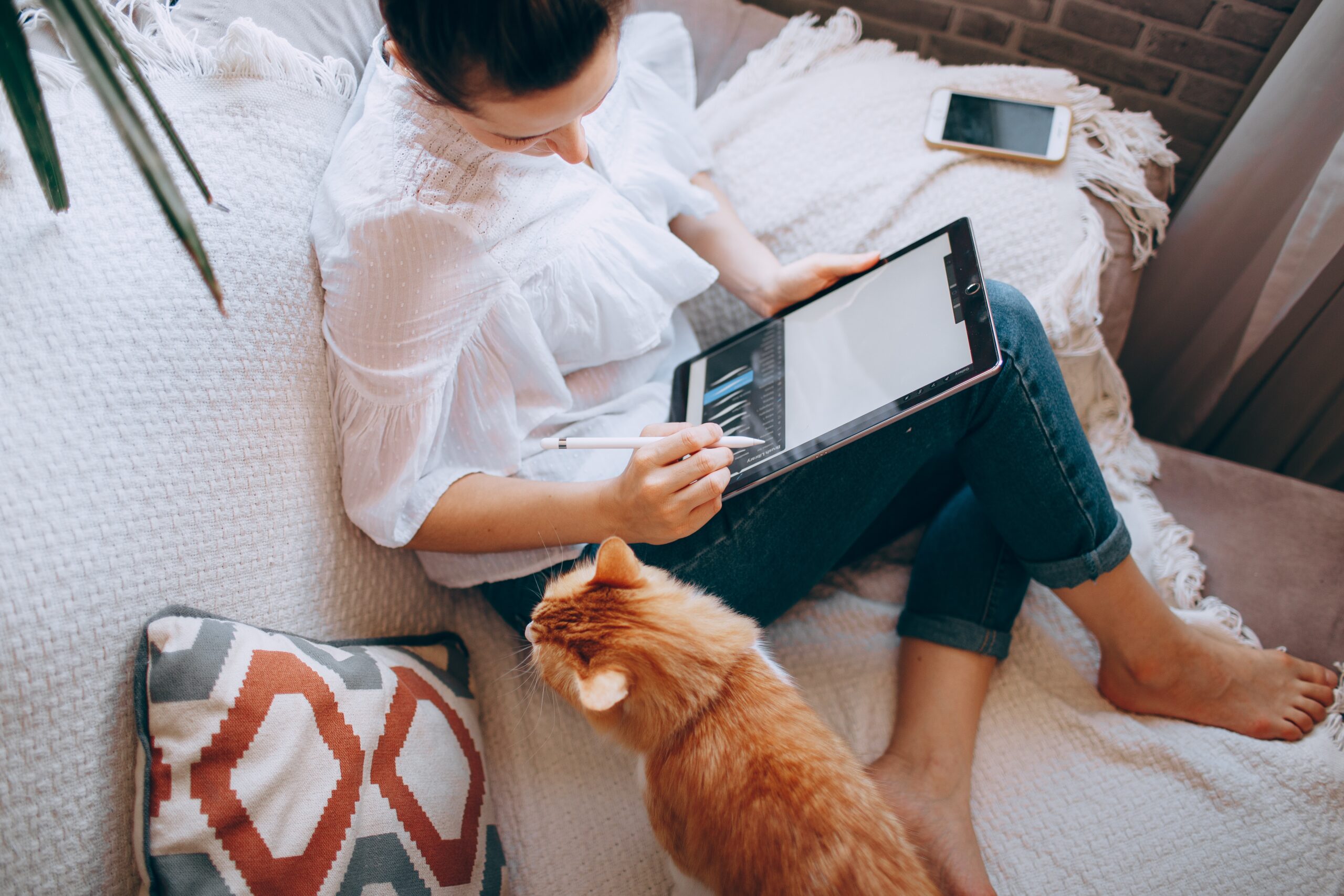
Collectively we’ve seen that people can work effectively from home. It’s highly advantageous for the neurodivergent population, but most humans want a degree of customizing their work experience and having some autonomy to do so.
Tell us about Highly Sensitive Persons (HSP) and the trait of high sensitivity and what strengths and struggles it brings, especially in the context of work?
Dr. Elaine Aron first identified this trait in the late 90s and wrote “The Highly Sensitive Person”. This book includes the SEED model of high sensitivity which stands for: Sensitivity to stimuli, Empathy, Emotional responsiveness, and Depth of processing.
- Sensitivity to Stimuli: HSPs are highly sensitive to noises, smells, light, etc. in their environments. This is why an open-concept office can be very distracting and difficult for them. When it comes to light, for example, Clare mentions how you can change your computer to sunset tones in the evening to reduce exposure to the white light that impacts our circadian rhythms (visit: https://justgetflux.com/ for more info on how this works).
- Empathy: HSPs naturally care for those who are around them, but this can also be emotionally exhausting.
- Emotional Responsiveness: the HSP can be easily triggered as they feel emotions so deeply; therefore, they need to develop the skill of self-regulating their emotions.
- Depth of Processing: the HSP thinks deeply about things and is abundantly creative. They can, however, also get stuck in analysis paralysis and perfectionism.
I know you speak about the high cost of clutter, tell us any takeaways on how clutter impacts our work productivity and wellbeing?
Clare describes how our work environment is very personal, and our preferences differ widely. Tuning into what kind of environment makes you thrive is important. For instance, the color of your paint and what’s around you are personal. Clare references the KAI – Kirton’s Adaption-Innovation Theory. When it comes to how we do our best creative work, some people don’t want too much order, they want more creative space. Clare describes how productivity is personal – we need to customize our areas as much as possible, which is easier to do at home.
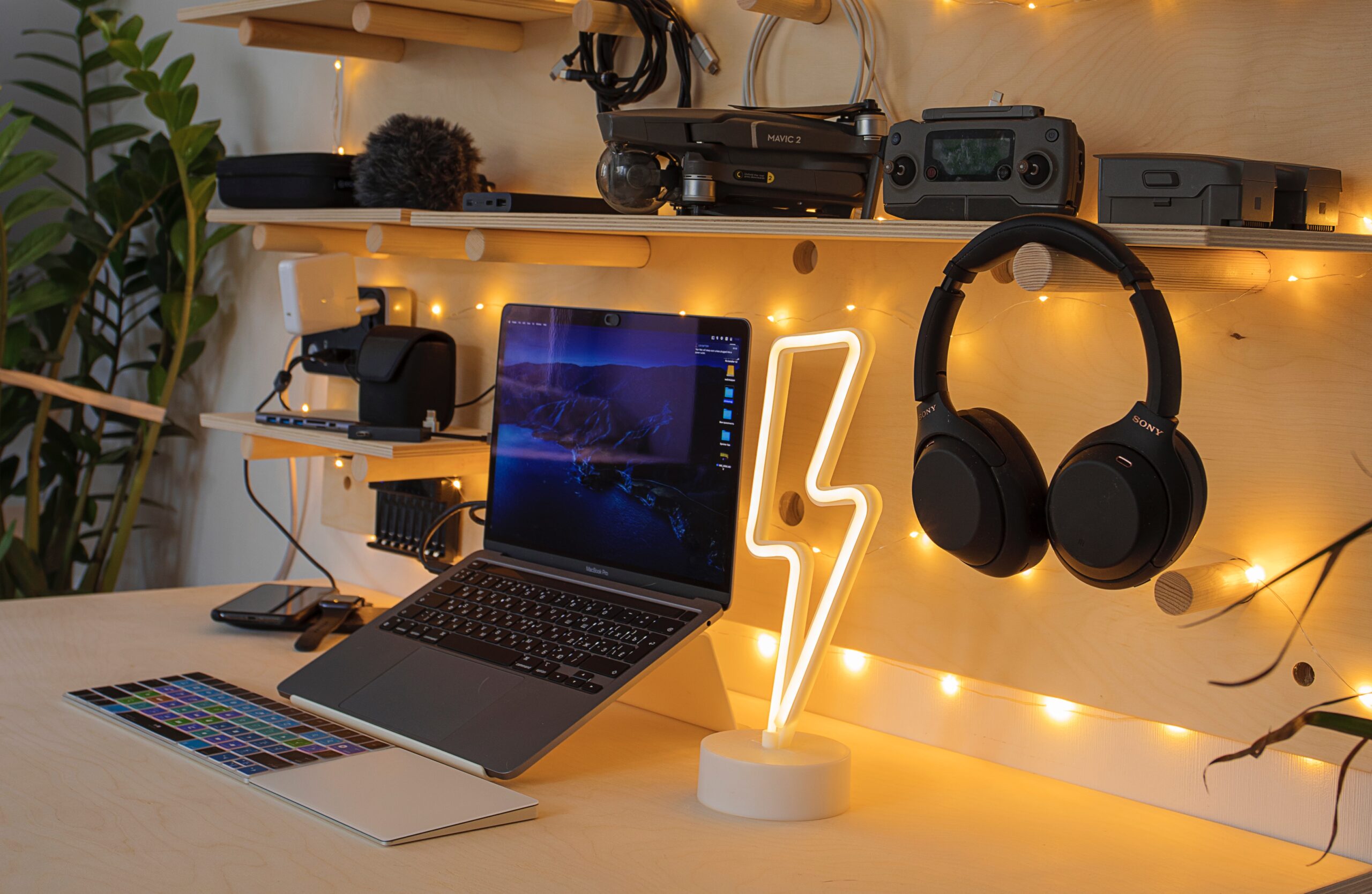
Clare describes how productivity is personal – we need to customize our areas as much as possible, which is easier to do at home.
What do you recommend we read or listen to on this topic area?
- Huberman Lab Podcast: hosted by Andrew Huberman out of Stanford, it is an amazing podcast with deep interviews about the physiology of human performance.
- “The Highly Sensitive Person” by Dr. Elaine Aron
- “Sensitive” by Jenn Granneman and Andre Solo
If you could have one wish for a better world when it comes to inclusion/wellbeing/performance, what would it be?
The acknowledgement that we need different conditions to perform at our best and if we accept this we will accept that flexibility is inclusivity. We will then have the conditions for more people to be and perform their best and build the fulfilling lives everyone deserves.
About Clare Kumar:
Productivity catalyst, highly sensitive executive coach, and international speaker Clare Kumar examines the intersection of productivity and inclusivity – paying attention to both being and doing. She inspires individuals to design for well-being and cultivate sustainable performance while avoiding exhaustion and burnout. Clare encourages leaders to design inclusive performances to invite the richest contributions from every member of their team. This is a topic Clare explores with innovators as host of the Happy Space Podcast.
Clare draws on a diverse corporate career that took her from Toronto to Tokyo and Montreal, with equal experience as an entrepreneur. She is a sought-after media contributor to news and lifestyle shows including the Huffington Post, Fast Company, the Globe and Mail, CBC Radio, The Social, and the Marilyn Denis Show. Whether speaking to one person or thousands, Clare loves inspiring massive shifts by inviting you to pay attention to little things that make a big difference. She welcomes all highly sensitive professionals as well as those who want to love and support them to find community in the Happy Space Pod.
Learn More About Clare:
Website: ClareKumar.com | Podcast: Happy Space Podcast



